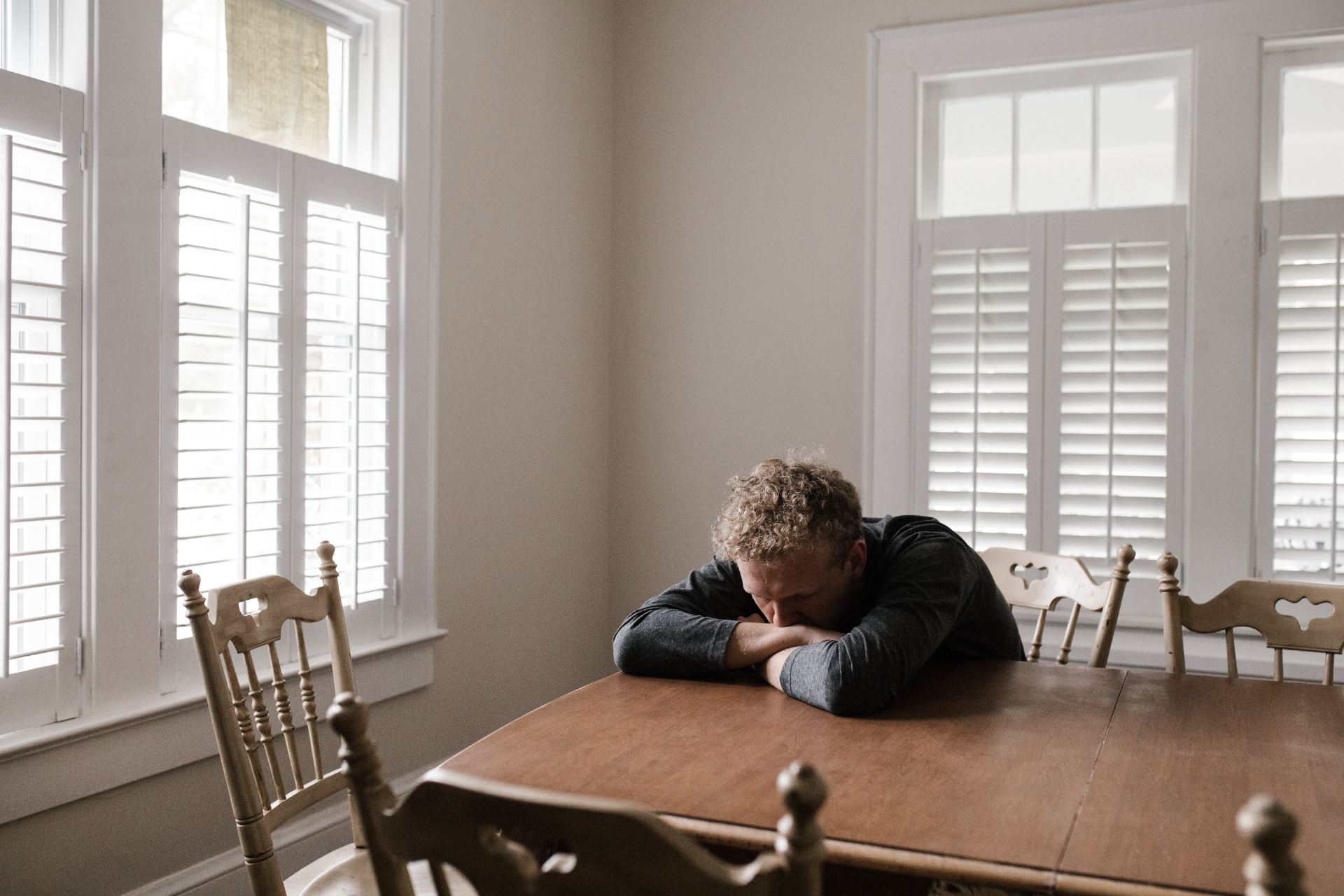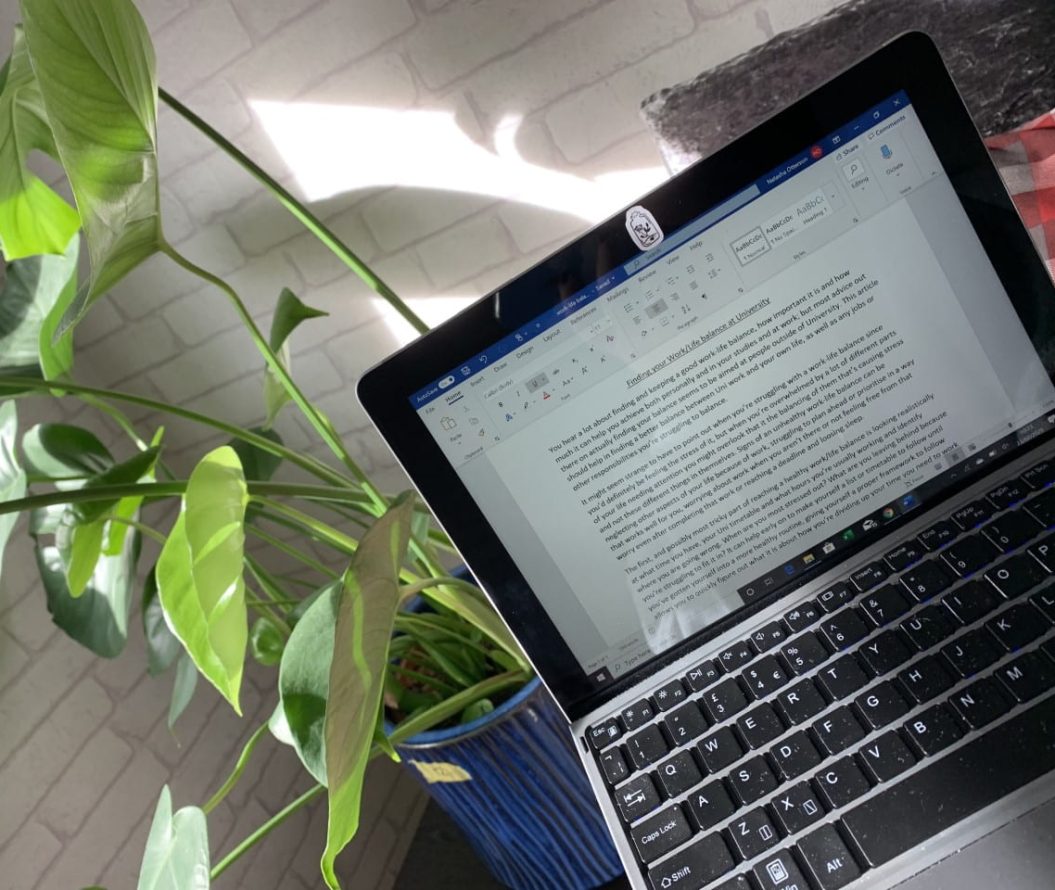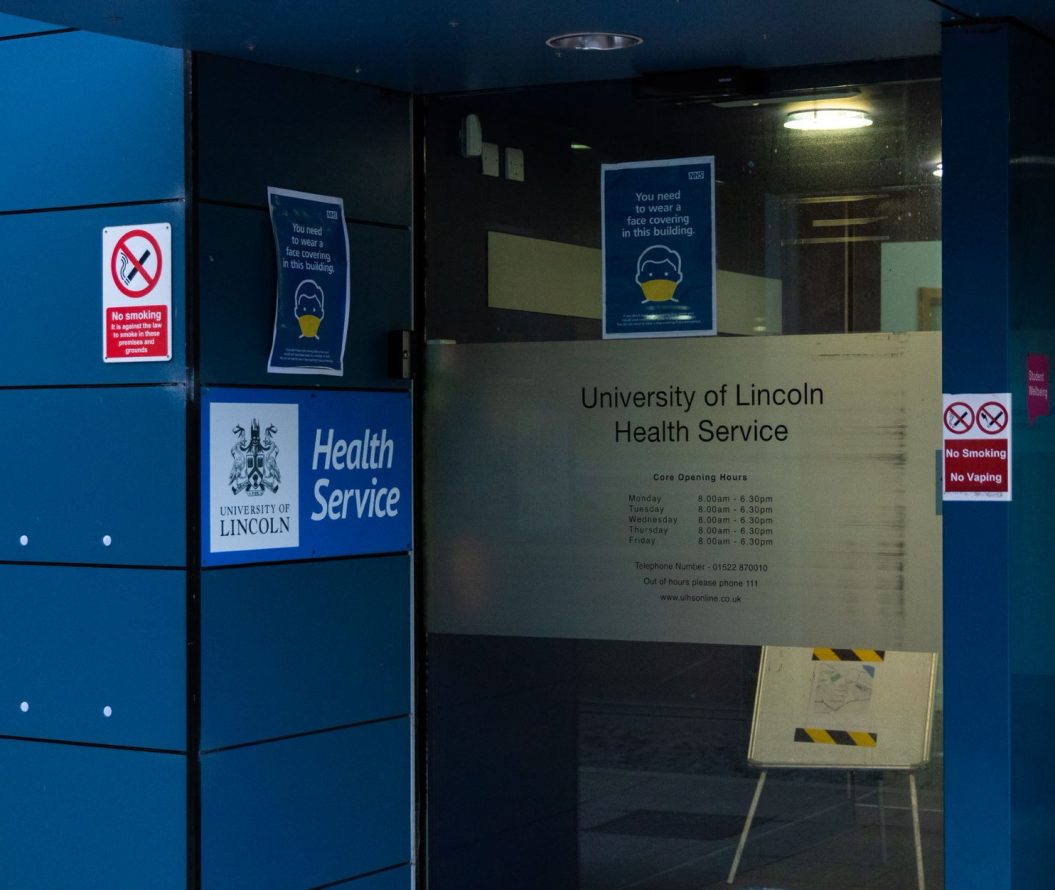Hi! I'm a third year history student who loves cats, music, tattoos and records! I'm passionate about disability and mental health advocacy and awareness :)

Tips for when therapy ends
September 14, 2021,
read.
This article is more than 3 years old
I’ve just finished a year of NHS therapy with my incredible psychologist and wanted to share some of the tips I’ve learned to soften the blow of ending therapy or counselling. The transition away from having the outlet of a trained professional can be daunting, so I hope these tips are helpful! I’ve listed alternative outlets, options for physical and academic support and ways to utilise skills learnt in therapy.
Making Sure That You Have Care in the Community:
UOL offers drop-in’s at the Wellbeing Centre if you need someone to talk to. Involve at Lincoln, Mint Street also offers free carers groups, support groups and mental health support at their hub for anyone who needs it.
Utilise services like SHOUT and Samaritans for when you need to talk to someone impartial.
SHOUT provides a 24/7 text service to listen and support you when you need someone to talk to. SHOUT is free, confidential and anonymous for UK users. It won’t appear on your phone bill. To start a conversation, text the word ‘SHOUT’ to 85258.
Samaritans provides a 24/7 free phone line, for whatever you’re going through. To call Samaritans, dial 116 123. You can also email on jo@samaritans.org, with a response time of 24 hours.
BE KIND TO YOURSELF!
I know this is easier said than done, but personally I find it incredibly helpful to try and maintain some semblance of routine or ‘normality’, even when I’m having a rough mental health day. Ending therapy makes you vulnerable as you try to navigate this new routine, so I try to shower, eat, and make my bed on bad days, as well as trying to not be hard on myself when I just wear pyjamas and work from my bed.
Make a crisis plan, just in case:
The NHS uses SAFE plans to detail what to do if you feel unsafe, and I find that it’s always good to have it to hand as it makes me feel more secure.
Viewing Therapy as a ‘Finish Line’ and Planning and Ending with Your Therapist:
Typically, your therapist will present your sessions as a time-limited process, decreasing sessions to bi-weekly as it draws to a close. The goal is to provide an element of closure and equip you with the tools you need to live your life without your therapist. Personally, while ending therapy has been nerve-wracking, I find the fact that my therapist thought I was ready for our session to end as a testament to my own progress. While not having my outlet is scary, my therapist’s faith in me strengthens my own resolve to use the tools I’ve learned to live my life without her.
Find other outlets
To help me when my sessions ended, my therapist and I created a set of posters to provide a visual aid for my coping mechanisms, reminders for alternative outlets and positive things I have to look forward to.
Know your rights
If you have a mental or physical health condition, including learning disabilities, you may be entitled to further support. These accommodations can reduce the strain of your transition from ending therapy:
- DSA – Disabled Students Allowance
- Learning Support Plans
- Topics
- Mental health
- Tips and advice




